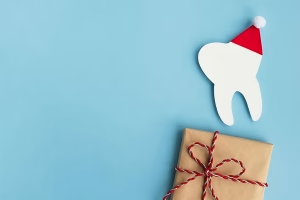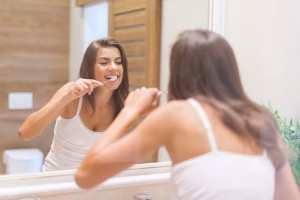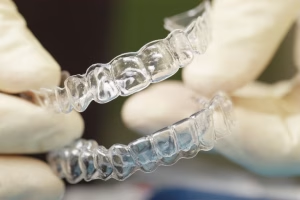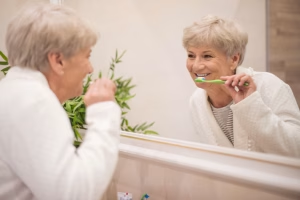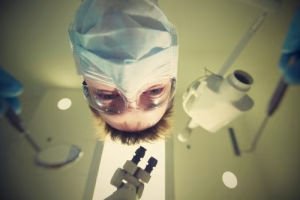Dental Check Up Before You Start Trip And 4 More Tips For “Safe” Teeth During A Travel
2 December 2017

Maintaining good oral hygiene when travelling can be extremely challenging. Regardless of your means of transport, your dental care will suffer in one way or another. If you need to spend hours on a bus, prepare for a long ride without a suitable place to brush or floss your teeth.
Another threat for your dental health when travelling is dealing with a sudden dental pain or an accident. When on the road – expect the unexpected: a broken/chipped tooth, lost filling or a cavity you didn’t know you have.
We listed some good practices and habits to adopt when planning your trip. Read our “teeth saving” tips and prepare for your next trip.
Schedule a checkup before you leave
You don’t need to wait until the vacation begins to start thinking about what might happen. To prevent a dental issue from occurring while away, schedule a dental checkup beforehand. A visit to your dentist and a thorough exam will reduce the chance of something bad happening during your trip.
Having an “up-to-date” info on your dental health will let you travel with a peace of mind. If your dentist detects any issues during the checkup, such as cavities or gum infection, you’ll be able to begin the treatment on time, and avoid the exacerbation of symptoms.
Always tell your dentist that you’ll be travelling and ask them if they can recommend a treatment before you leave.
Have your family dentist number at hand
Even if you haven’t skipped your regular dental checkups, make sure that you have your dentist’s phone number with you. If a problem occurs, you’ll probably want to talk to someone familiar before you see an emergency dentist (who might not speak your language).
If you think that dental emergencies can’t be fixed over the phone, you’re probably right. However, a dentist who knows your dental history will most likely recognize the source of the issue, estimate the urgency and propose the best possible solution.
If a problem you’re experiencing is not painful and if your dentist estimates that this is not an urgent issue, it might be better to wait to come home and start the treatment.
Google local emergency dentists before the trip
Now that you have had a regular checkup and you saved your dentist’s number, it’s time to move on to some research. Put together a list of (emergency) dentists in the area where you’ll be staying. If you’re travelling overseas, get in touch with the local consulate and ask for an independent recommendation.
The information you get from them might be more reliable than the one from your hotel concierge and Google. When putting together a list of dentists, you’ll recognize a reputable office by their great reviews and rating. If you’re on the Gold Coast & Brisbane, come see us at MGA Dental. We can help you with any emergency issues that might occur.
Purchase full health insurance
Before any trip, short or long, it’s wise to get a full health insurance. When buying medical insurance, ask what is covered by the policy and whether dental emergencies costs are included as well. Most travel insurance package plans don’t include any coverage for dental treatments besides those which are the result of an accidental injury.
Simply speaking, if you experience pain due to a cavity, you’re on your own. Insurance companies also set a cap on how much they will pay for the emergency treatment. In most cases, you’ll need to pay for the treatment first (regardless of the type of coverage) and you’ll make a claim later. This is why it’s advised to talk to your travel insurance provider and ask for their recommendations and steps on how to complete your claim.
Having clean teeth on the go
What to do when you find yourself without a toothbrush? You can rinse your mouth with water and wash away some of the food leftovers. You can also put a bit of toothpaste on a finger and clean your teeth with it. However, it would be best to always bring your toothbrush with you and keep it in a separate bag.
Chewing sugar free gum can also help prevent cavities by getting the saliva flowing. It can also save you from annoying pain caused by the increased ear pressure when flying. Once you reach your destination, stick to your normal routine: brushing twice a day, flossing and using mouthwash.
Bring travel-size oral hygiene items with you, or purchase them when you arrive at your destination. We know it’s hard to resist sugary foods when travelling, but try it – your teeth will be thankful.
Instead of chips and soft drinks, choose energy-packed nuts that will keep your teeth healthy.

